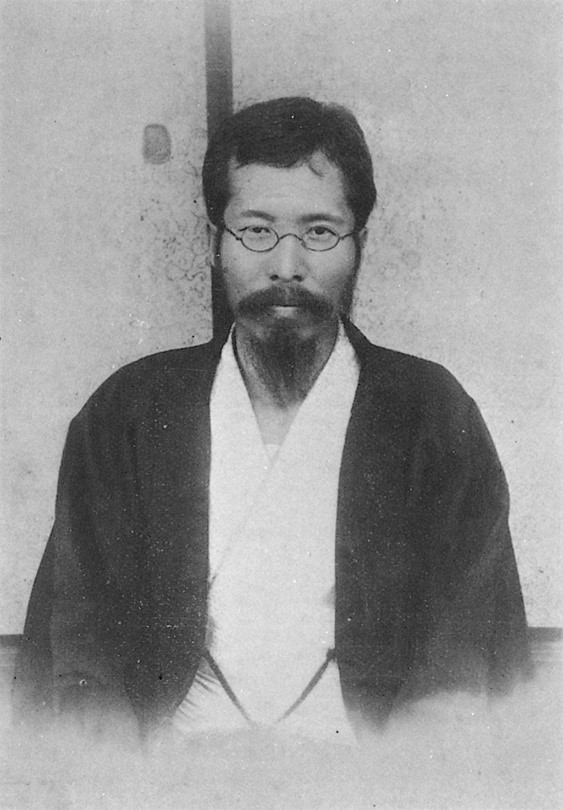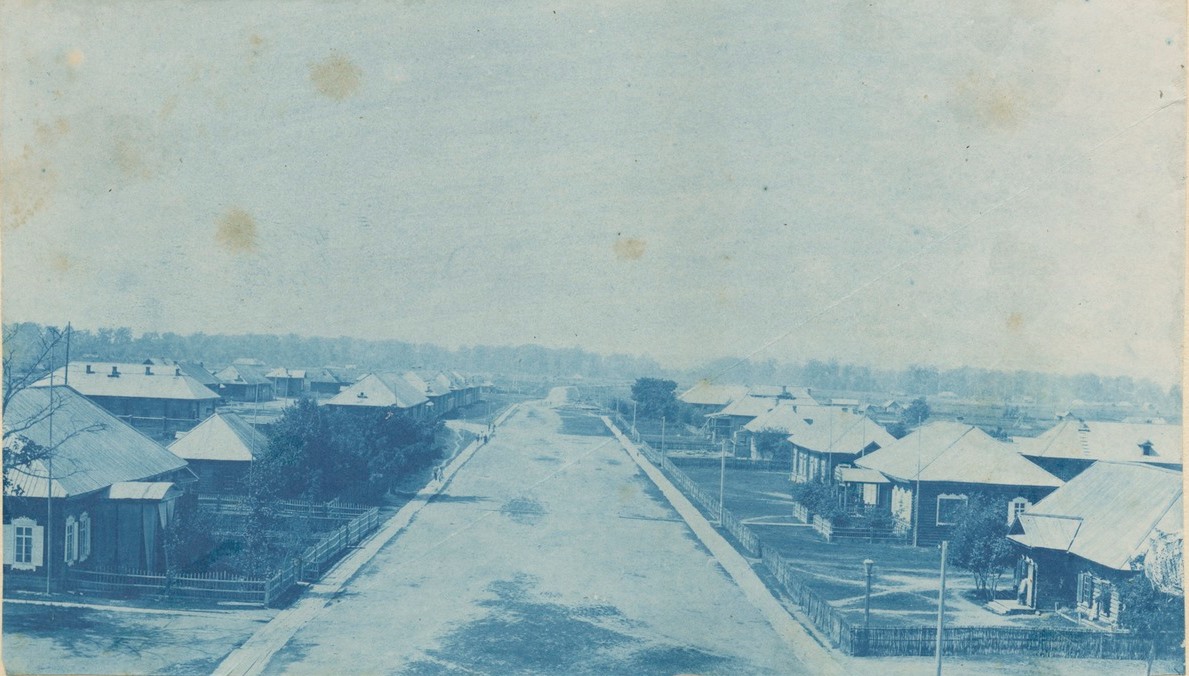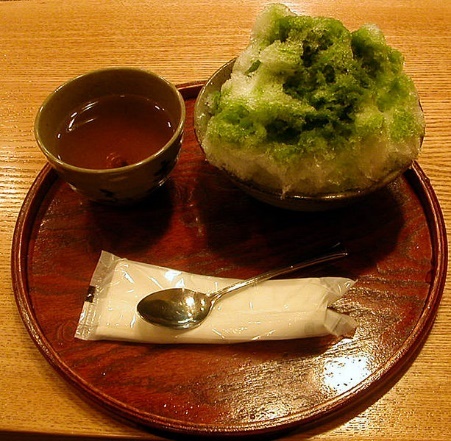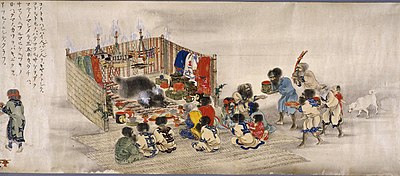
Activities
Polish-Japanese Society of Bronisław Piłsudski and Shimeia Futabateia
Activities
Befriended and filled with enthusiasm for the idea of rapprochement between Poland and Japan – the countries almost completely unfamiliar for each other, they decided to build a platform for the popularization of cultures – Polish among Japanese and Japan among Poles. Futabateia was already highly experienced in literature and influenced literary trends in Japan. Piłsudski, on the other side, was aware of the attractiveness of the Japanese culture in Polish society, especially after Japan’s victory in the war with Russia. Therefore, it seemed to them that the best solution would be to popularize the literature.
For this purpose, having also a vision of activities in other fields, they established the Japanese-Polish Society (jap. Nihon-PōrandoKyōkai日本ポーランド協会) in the spring of 1906. Its headquarters was located in the office of the publisher of various literary magazines, Suiina Nishimot, who collaborated with Futabateia. He was interested in the prospect of publishing the works of Polish writers, especially that in 1905, the winner of the Nobel Prize in Literature was Henryk Sienkiewicz. Both friends were going to establish a Polish library at the Society in the future, and agreed that after returning to Europe, Piłsudski would obtain recommendations for selections of works from people representing the circle of writers known to him, such as Wacław Sieroszewski. He would also obtain versions of these works in Russian, English, German or French – as long as they were available – and send them to Futabateia. On the other hand, he committed to get published the works of Japanese literature and Futabateia sent him in fact several proposals.
After returning to Galicia, Piłsudski actively began to establish the Polish library in Japan, involving in this project also his life partner, Maria Żarnowska.
Thanks to the cooperation of Piłsudski and Futabateia, the first translations of Polish literature in Japan were published in the magazine “Sekai Fujin” (Women of the World) run together by the well-known feminist Hideko Fukuda and the socializing writer Kinoshita Naoe. In subsequent issues of this magazine, it was possible to print fragments of Andrzej Niemojewski’s poem „Kocham” (eng. Love, jap. Ai) and Bolesław Prus’ novel „Michałko” (jap. Muku-no Mihairo). Both texts were translated (by Russian) by Futabateia.


Futabateia, in turn, sent Piłsudski two Japanese texts in a Russian language version: a short story Maihime (The Dancer) by Mori Ōgai, a very famous writer, and Ryōjin-no jihaku (Confession of a Husband) by Kinoshita Naoe. Piłsudski, however, rejected Maihime as a work that was unattractive to a Polish reader, but translated Kinoshita’s work. It was supposed to be published in the “Sfinks” magazine founded by Władysław Bukowiński (pseudonym Selima) and his wife, but the publication did not take place for some reason. Correspondence with Futabateia broke off.
The joint initiative of Bronisław Piłsudski and Shimeia Futabateia did not last long. In 1908, Futabateia went to Russia as a correspondent for the „Asahi” newspaper and managed to meet Maria Żarnowska in St. Petersburg. Unfortunately, he was already suffering from tuberculosis, and persuaded by his friends he went on a return trip to Japan in April 1909. In May, Futabateia died on a ship in the Bay of Bengal. Around that time, Piłsudski was writing a letter to him, not knowing about the rapid deterioration of his Japanese friend’s health. This letter did not reach the addressee.
Based on:
Kazuhiko Sawada, “The Polish-Japanese Society” in: A Critical Biography of Bronisław Piłsudski, Vol. 2, Saitama 2010.





